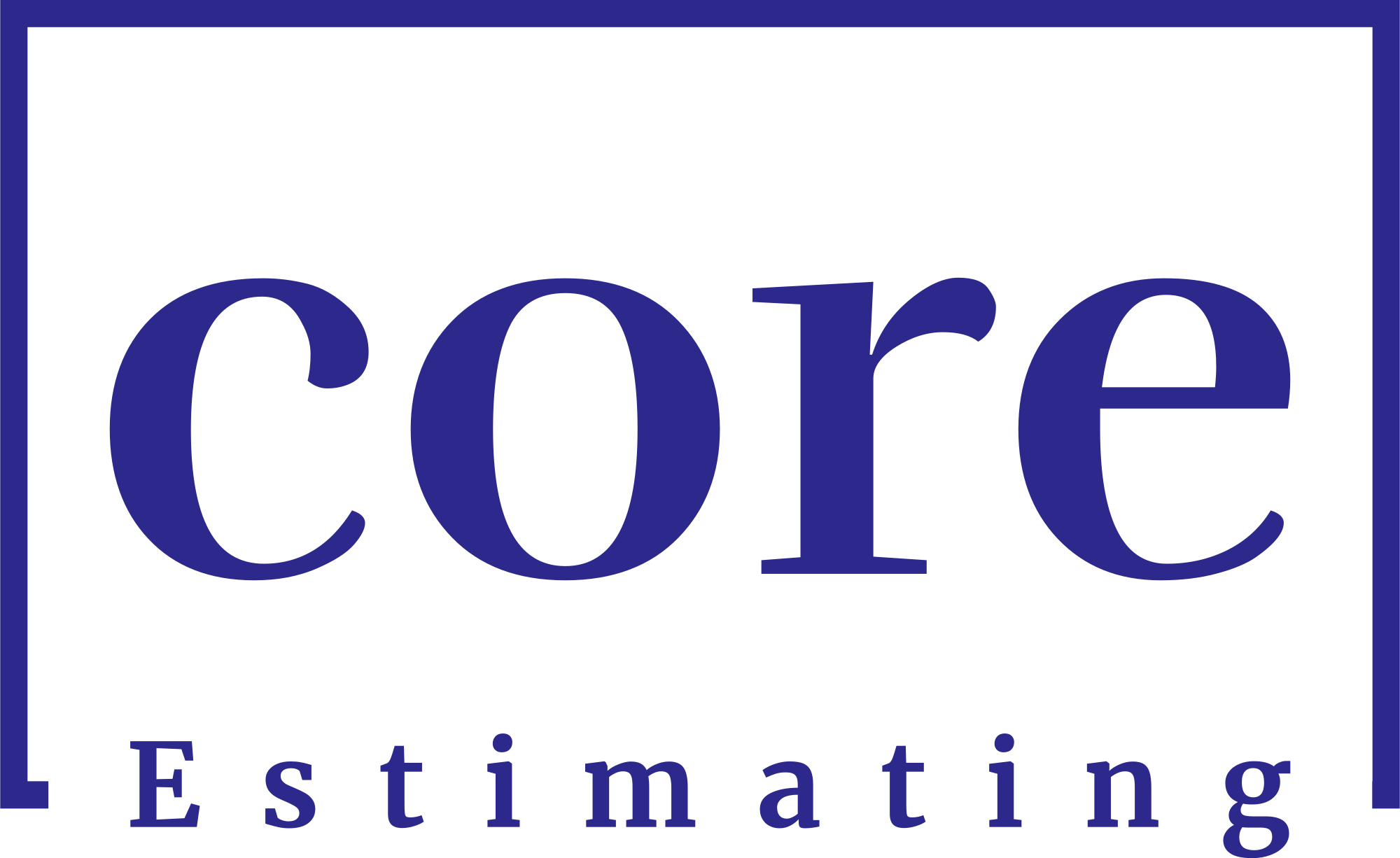In the realm of business management, the relationship between organizational culture and various aspects of a company’s operations plays a crucial role in shaping its success. One such area is estimating, which involves predicting and budgeting for future projects, expenditures, and resource allocation. This article explores the dynamic connection between organizational culture and estimating, shedding light on how an organization’s values, beliefs, and practices influence its approach to estimation and how this can impact overall business performance.

Understanding Organizational Culture
If you’re in need of construction estimate services, simply go to homepage or follow the links below:
| Services | Links |
|---|---|
| Detailing Services | Link |
| Building Information Modeling | Link |
| General Contractor | Link |
| Subcontractors | Link |
| MEP | Link |
Defining Organizational Culture
Before delving into the relationship with estimating, it’s essential to understand what organizational culture means. Organizational culture refers to the set of shared values, beliefs, attitudes, and norms that define how an organization’s members interact with one another and make decisions. It encompasses the organization’s vision, mission, and the behavior it encourages among employees at all levels.
Key Elements of Organizational Culture
To better comprehend the influence of organizational culture on estimating, we need to identify its key elements. These elements include leadership styles, communication patterns, organizational structure, reward systems, and the overall work environment.
The Impact of Organizational Culture on Estimating
Open Communication and Information Sharing
Organizations that foster open communication and information sharing are more likely to have accurate estimating processes. When employees feel comfortable sharing data and insights, estimators can access real-time information, leading to more informed and precise estimates.
Risk Tolerance and Decision-Making
The level of risk tolerance within an organization significantly affects how estimates are generated. In a risk-averse culture, estimates might be conservative and cautious, leading to potential missed opportunities. Conversely, a risk-tolerant culture may result in more ambitious estimates, which could lead to increased innovation and growth.
Adaptability and Flexibility
Organizations with a culture that values adaptability and flexibility tend to be more responsive to changing market conditions and customer demands. This adaptability reflects in the estimating process, where adjustments can be made swiftly to align with dynamic business environments.
Long-Term vs. Short-Term Orientation
Organizational culture can also influence whether a company focuses on short-term gains or long-term strategic goals. A long-term oriented culture may emphasize accurate long-term estimations to achieve sustainable growth, while a short-term oriented culture might prioritize immediate results.
Team Collaboration and Interdepartmental Cooperation
The extent to which different departments collaborate and cooperate impacts estimating accuracy. A culture that encourages teamwork and interdepartmental communication can lead to more holistic estimates, incorporating diverse perspectives.
Innovation and Creativity
Organizational cultures that foster innovation and creativity may adopt unconventional estimating approaches, pushing the boundaries of traditional methods to identify new opportunities and solutions.
Ethics and Transparency
Ethical values and transparency in an organizational culture contribute to honest estimation practices, reducing the likelihood of biased or manipulated figures.
Conclusion
In conclusion, the relationship between organizational culture and estimating is profound and multifaceted. The values, behaviors, and norms that constitute an organization’s culture significantly impact how estimates are generated and utilized. Organizations that prioritize open communication, risk-taking, adaptability, and collaboration tend to produce more accurate and forward-looking estimates. On the other hand, cultures that lack transparency or emphasize short-term gains might encounter challenges in estimation accuracy and overall business success.
FAQs
- How does a risk-averse culture impact estimation accuracy?A risk-averse culture tends to produce conservative estimates, potentially leading to missed opportunities for growth and innovation.
- Can organizational culture influence estimation methodology?Yes, organizational culture can influence estimation methodology by encouraging or discouraging certain approaches and practices.
- What role does leadership play in the relationship between culture and estimating?Leadership sets the tone for the organizational culture, directly influencing how estimation processes are conducted and valued.
- How can organizations promote creativity in estimating?Organizations can promote creativity in estimating by encouraging idea-sharing, allowing room for experimentation, and rewarding innovative thinking.
- What are the potential consequences of a culture lacking transparency in estimation?A lack of transparency in estimation can lead to distrust among stakeholders, undermining the credibility of estimates and hindering effective decision-making.






